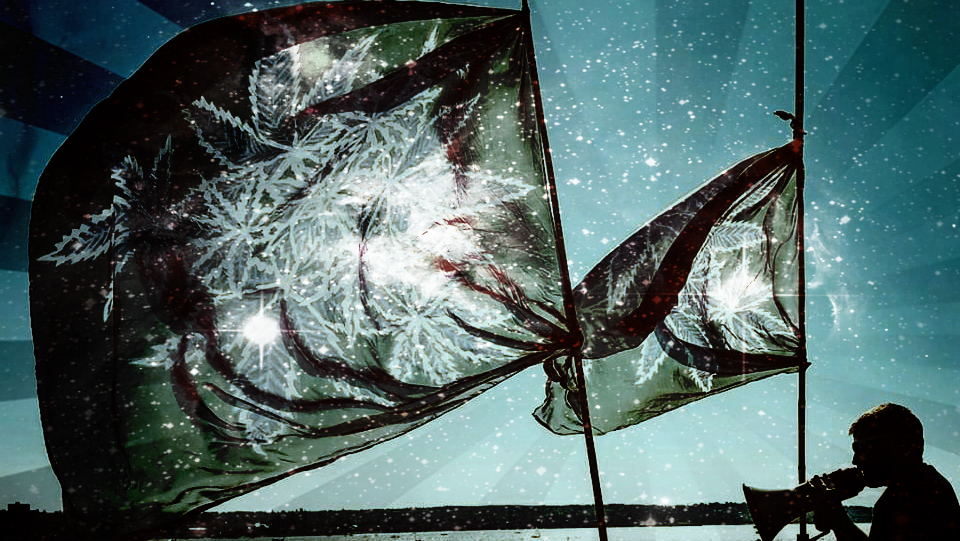Analysis of Stephen Harper’s YouTube pot question bullcrap response
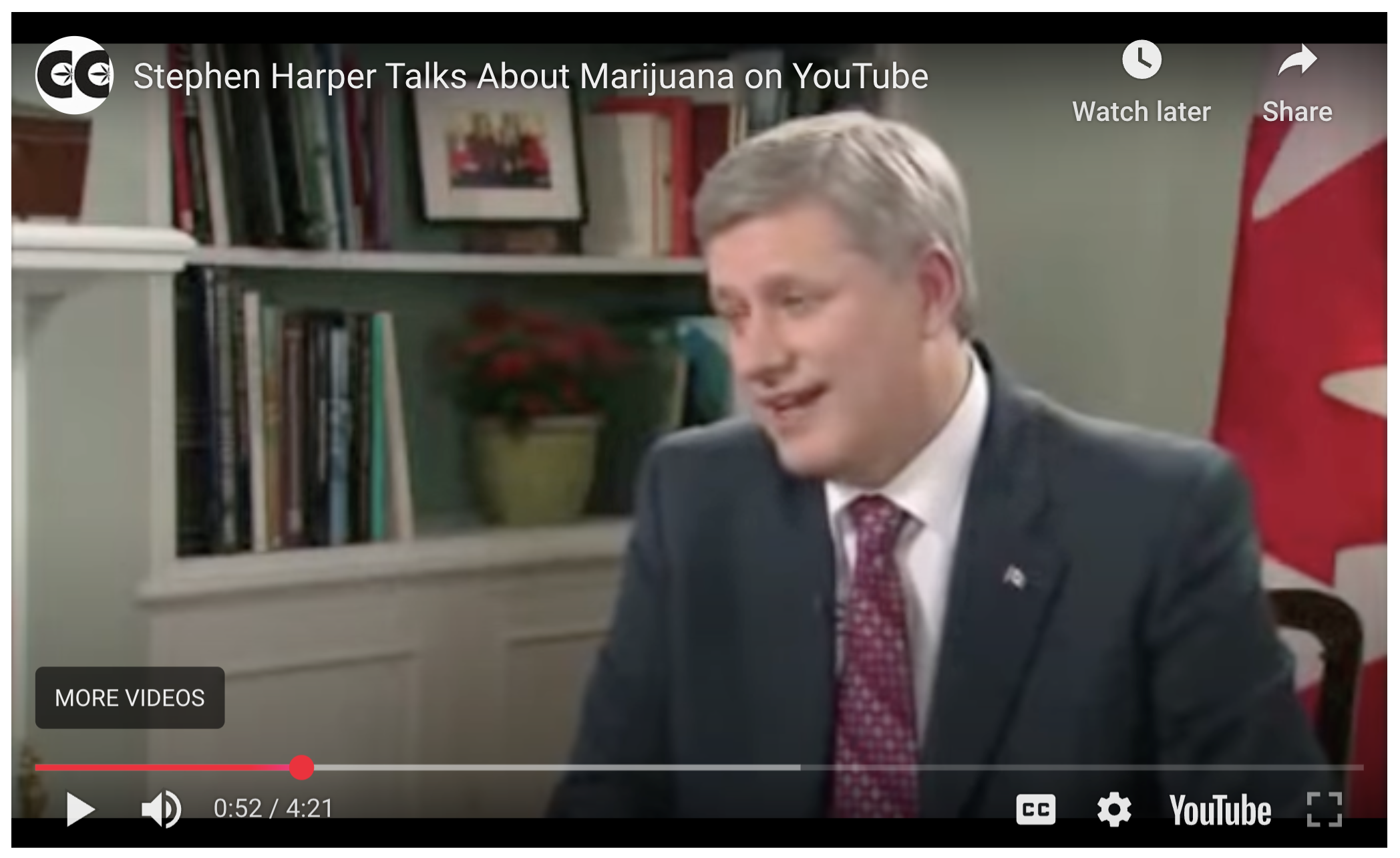
A while back Canadian Prime Minister Stephen Harper asked Canadians what the most important issues of the day were:
http://www.youtube.com/TalkCanada
Most of the top ten responses had something to do with cannabis laws or the war on drugs:
http://www.google.com/moderator/g/yt/?embed=http://youtube.com/talkcanada/#15/e=4b6c&t=4b6c.40
This is Harper’s response to the #1 question – a pot law related question:
http://thestar.blogs.com/politics/2010/03/pm-on-youtube-the-transcript.html
This is my point-by-point response to his response:
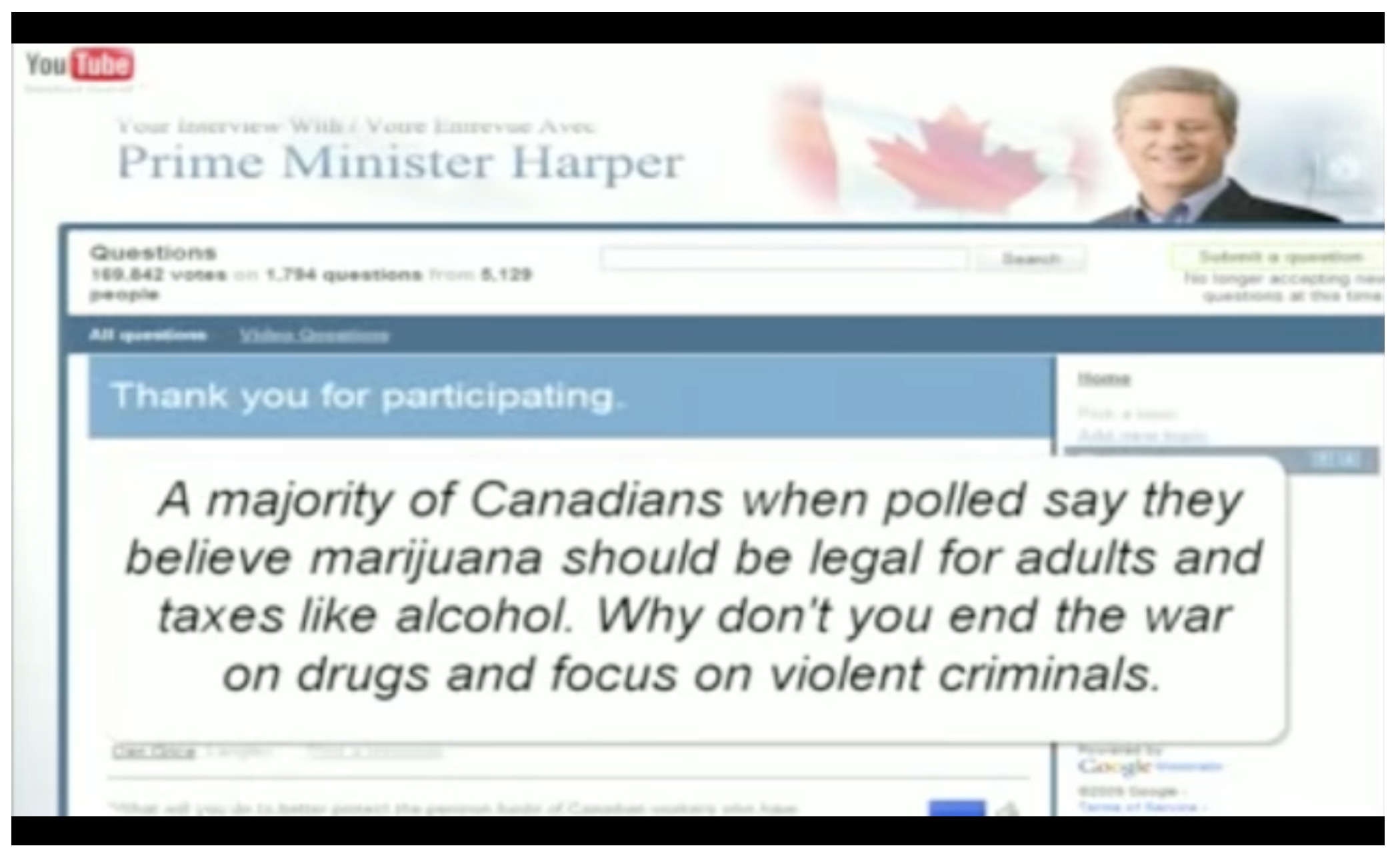
“RT. HON. STEPHEN HARPER: Well, it’s a good question. I’m not sure
I’ve seen this particular poll. There are different polls on this
subject that show different things,”
Every poll which mentions legalization of cannabis taken since 2004 has shown a majority in favor of legalization.
http://frankdiscussion.netfirms.com/info_statistics.html
“…but you know, I have to say young
children, I guess they’re now…Ben and Rachel are now getting pretty
close to 14 and 11, but maybe they’re not that young, but they are at
the age where, you know, they will increasingly come into contact with
drug use, and I guess as a parent, you know, this is the last thing I
want to see for my kids or anyone else’s children.”
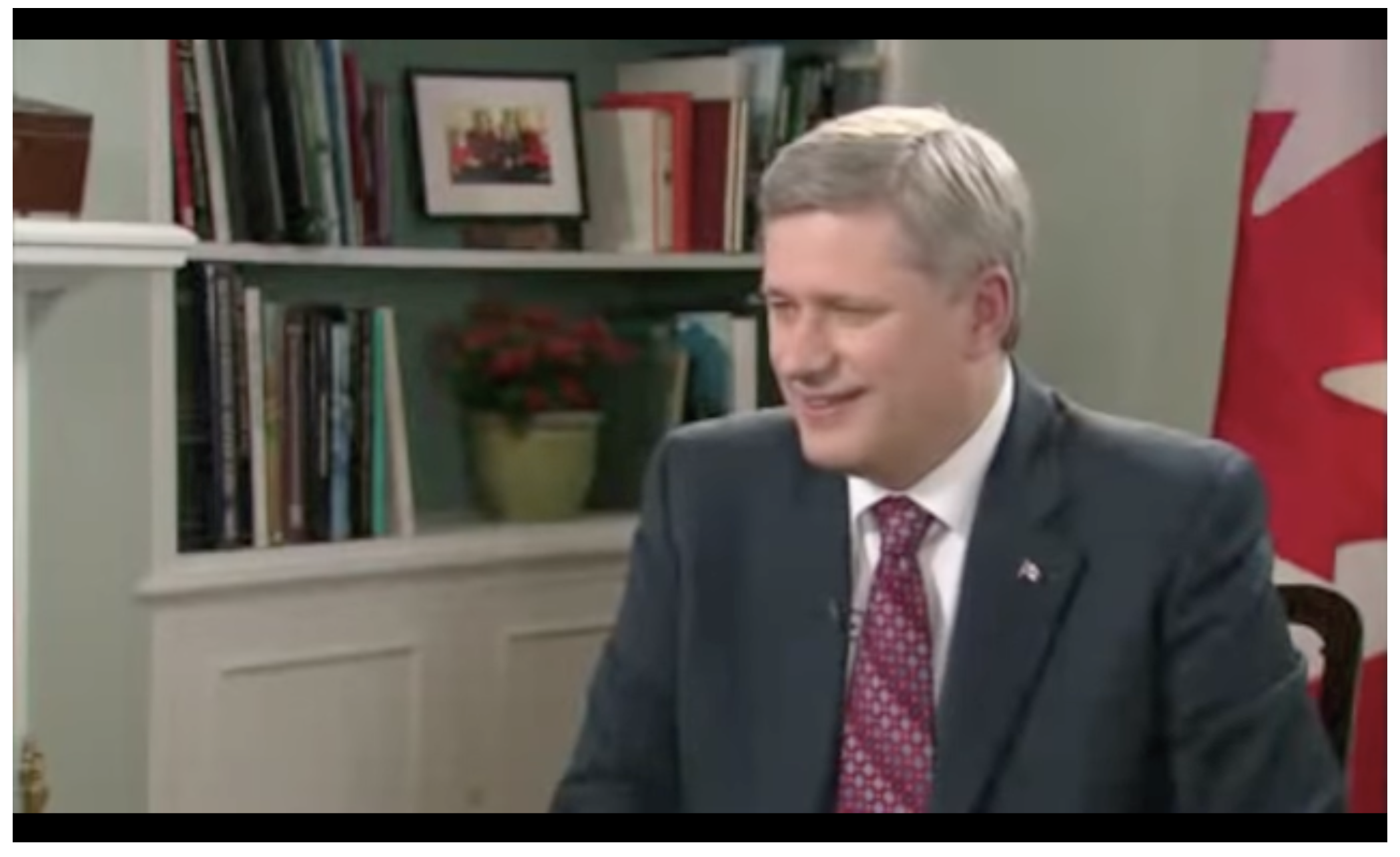
1) It is untrue that legalization would automatically lead to an increase in use among young teens:
In Holland, “…the toleration of sales in controlled circumstances has not resulted in a worryingly high level of consumption among young people. “
http://www.parl.gc.ca/37/1/parlbus/commbus/senate/com-e/ille-e/library-e/dolin1-e.htm
“…32.9% of Americans aged 12 and above have experience with cannabis and 5.1% have used in the past month. These figures are twice as high as those in the Netherlands.”
Source:
Netherlands Ministry of Health, Welfare and Sport, Drug Policy in the Netherlands: Progress Report September 1997-September 1999, (The Hague: Ministry of Health, Welfare and Sport, November 1999), pp. 7-8.
http://drugwarfacts.org/cms/?q=node/67
2) Assuming it was true that use rates would increase upon legalization, it’s also true that abuse rates would have a chance of decreasing, as education could take hold and drug-prohibition related harms could be addressed.
3) Perhaps it is jail and/or a criminal record, not cannabis use, that most parents would say is the “last thing they want to see” for their children.
“You know, I
understand that people defend the use of drugs, but that said, I don’t
think…I think I’ve been very fortunate to live a drug-free life, …”
Here is a picture of Stephen Harper drinking a coffee:
http://theviennacafe.wordpress.com/2009/09/29/harpers-tim-bit/
Photo of Harper drinking wine:
http://image3.examiner.com/images/blog/EXID26284/images/resized_091205_harper_china_flags.jpg
“beef and beer” night – Harper uses alcohol to buy votes:
Harper uses alcohol to bet with: “Team Canada came out on top, so Obama will have to pick up a 24-pack of Molson Canadian for the prime minister.”
http://www.winnipegfreepress.com/canada/…y-85784877.html
“…and I
don’t meet many people who’ve led a drug-free life who regret it.”
Maybe because they don’t know what they’re missing. Or maybe they’re as confused as Stephen Harper is as to what constitutes a drug.
“Met a lot of people who haven’t, who’ve regretted it.”
And how many cannabis users regret using cannabis? Most people who regret using drugs regret using harder drugs like the alcohol and caffeine Harper uses, not soft drugs such as cannabis.
“So this is
something that we want to encourage obviously for our children, for
everybody’s children. Now, I also want people to understand what
we’re really talking about here when we’re talking about the drug
trade. You know, when people say focus on violent crime instead of
drugs, and yeah, you know, there’s lots of crimes a lot worse than,
you know, casual use of marijuana. But when people are buying from
the drug trade, they are not buying from their neighbour. They are
buying from international cartels that are involved in unimaginable
violence and intimidation and social disaster and catastrophe all
across the world.”
Nobody knows what percentage of cannabis growers or dealers are involved in “international crime” that involve “violence and intimidation” and what percentage simply break cannabis laws and no other laws, but if we want the violence and intimidation to end, then cannabis prohibition must end, just like the end of alcohol prohibition resulted in the end of the alcohol-prohibition-related gang violence – there is no violence in the alcohol trade today.
“All across the world. You know, and I just wish
people would understand that, and not just on drugs. Even when people
buy, you know, an illegal carton of cigarettes and they avoid tax,
that they really understand the kind of criminal networks that they
are supporting, and the damage they do.”
The tax on cigarettes is a “sin” tax that is meant to cover some of the costs of tobacco-related harms. A far more effective method of addressing these harms would be to prohibit the use of radioactive chemical fertilizers on tobacco farms and to encourage mixing home-grown organic tobacco with lung-cleaning smoked herbs such as mullein and coltsfoot, but Stephen Harper would rather create a black market through excessive taxation rather than apply harm-reduction strategies to tobacco (and offend some big chemical corporations in the process by suggesting their radioactive fertilizers are causing cancer).
“Now, you know, I know some
people say if you just legalized it, you know, you’d get the money and
all would be well. But I think that rests on the assumption that
somehow drugs are bad because they’re illegal.”
Stephen Harper himself assumes that Canadians feel that “drugs are bad”. The majority of Canadians support the legalization of cannabis because they understand that – in the words of Dr. Andrew Weil – “There are no good or bad drugs – just good or bad relationships with drugs.” By saying “drugs are bad”, Stephen Harper is attempting to confuse use and abuse.
“The reason drugs…it’s
not that. The reason drugs are illegal is because they are bad. And
even if these things were legalized, I can predict with a lot of
confidence that these would never be respectable businesses run by
respectable people.”
There are currently dozens of medical marijuana organizations in Canada run by respectable people. There are hundreds of cannabis cafes in Holland run by respectable people. Steven Harper must isolate himself from this reality in order to hold onto his beliefs.
“Because the very nature of the dependency they
create, …“
In analysis after analysis, cannabis has a lower dependency rate than any other drug – including the alcohol and coffee that Harper drinks:
http://www.cannabisfacts.ca/#two
“…the damage they create, the social upheaval and catastrophe
they create, particularly in third world countries…I mean, you look
now, you look at Latin America, some of the countries to the south of
us, and the damage the drug trade is doing, not just to people’s lives
as drug users. Look at the violence it’s creating in neighbourhoods,
the destruction of social systems, of families, of governmental
institutions, the corruption of police forces. I mean, these are
terrible, terrible organizations, and while I know people, you know,
have different views, I must admit myself sometimes I’m frustrated by
how little impact governments have been able to have on the drug trade
internationally. But we should not fool ourselves into thinking that
if we somehow stopped trying to deal with it, it would suddenly turn
into a nice, wholesome industry. It will never be that.”
Harper is now attempting to equate legalization with a lack of regulation. It is prohibition which actually results in a lack of regulation. If Harper could only visit some of the med pot clubs or the Dutch pot cafes, he would instantly see how “wholesome” the industry already is.
“And I think
we all need to understand that, and we all need to make sure our kids
understand, not just that our kids…hopefully not just understand the
damage drugs can do to them, but they understand as well the wider
social disaster they are contributing to if they, through use of their
money, fund organizations that produce and deliver elicit narcotics.”
Harper has only three tools in his drug prohibition tool kit:
1) Parental anxiety
2) Confusing drug use and drug abuse
3) Confusing drug problems and drug prohibition problems
We in the activist community must continue to expose his “1 2 3” formula and call him out on it in newspapers and radio programs and phone-in shows on TV.

